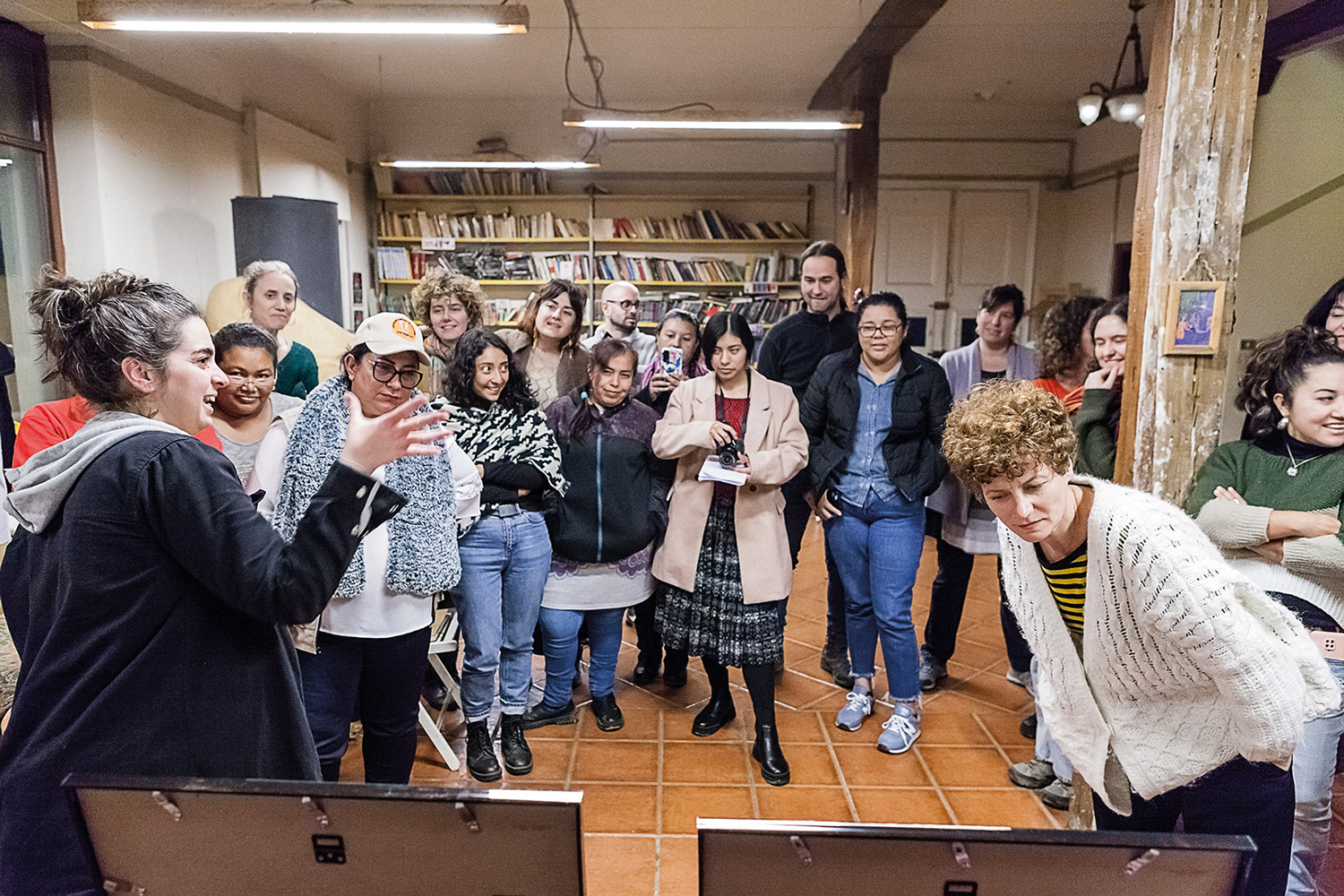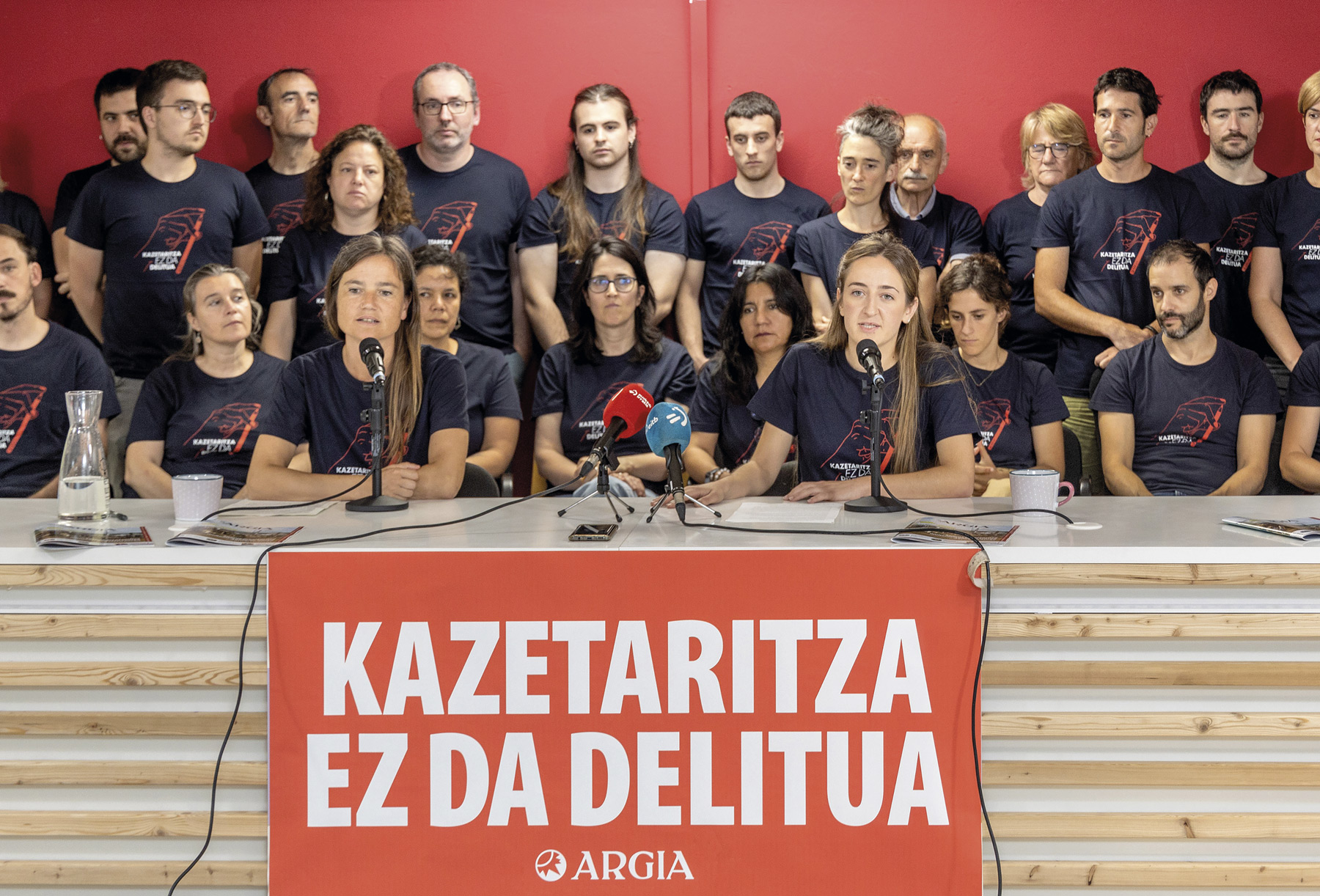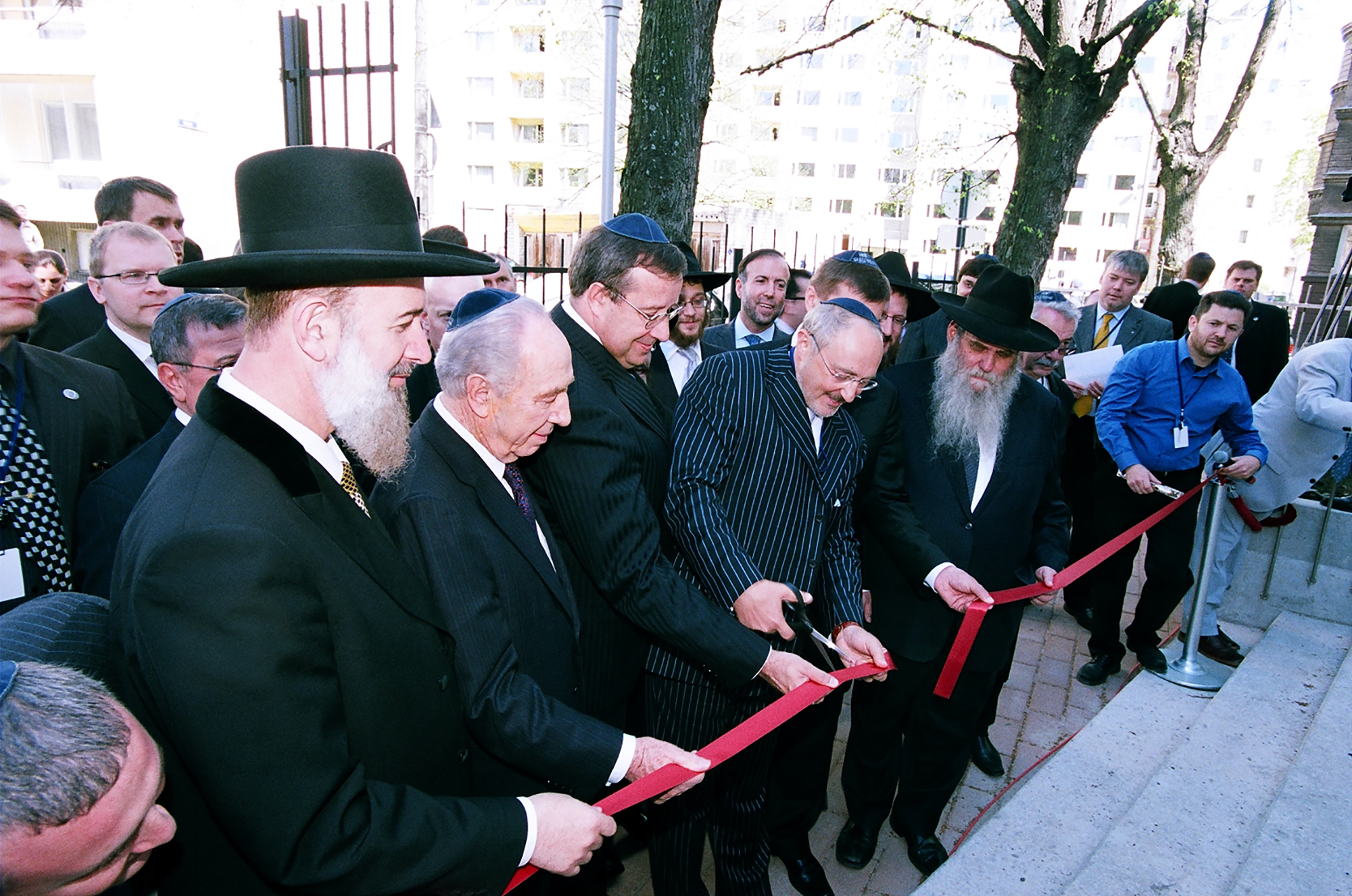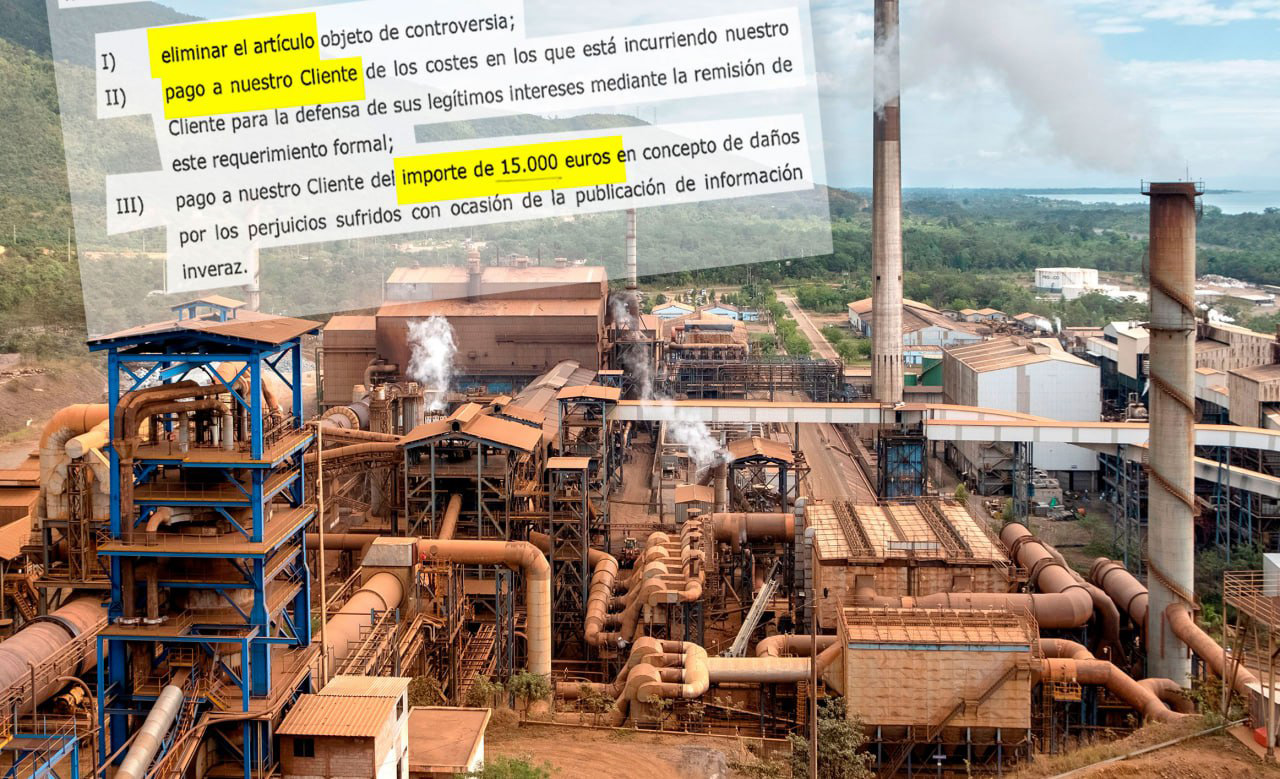The judge files the case against journalist Lander Arbelaitz, but the Ertzainas appeal it
- The judge considers that "there is not enough evidence that this publication was made with the intention of insulting the agent" and places the information disseminated by the ARGIA journalist in the field of freedom of expression. The agents of the Ertzaintza have defended the continuation of the struggle in the examining courts.

The afternoon of May 21, 2018 took place in Idiakez Street in San Sebastian the debate between the Ertzaintza and the citizenship, and the Ertzainas ended that day with the identification of several citizens: as a result of that identification, Euskaltzale Eneka Álvarez was fined with the Mordaza Law. According to ARGIA journalist Lander Arbelaitz (and so stated by the citizens on the spot), the identification was based on a violation of language rights.
The Ertzainas, numbers 22125 and 23044, filed a complaint against the journalist, who was accused of "insulting". According to the two Ertzainas, the dissemination of this "false" news on social networks has damaged his image and influenced his personal life, although it has not transcended anything. On March 20, 2019, the Ertzainas declared in the Donostia-San Sebastian Court that "no one identified himself for speaking in Euskera, but for holding a concentration without communicating".
The holder of the Donostia-San Sebastian Criminal Investigation Court No. 2 has issued, in the order notified on 21 January, a precautionary suspension of the case for the following reasons:
"There is not enough evidence that this publication was made with the intention of insulting the agent," he added. It further adds: "This publication is protected by Article 20 of the Spanish Constitution, as freedom of expression, because what the investigator has done is to inform, give its version and value what has happened as a violation of the rights of the people present there". The car also suggests that Ertzaintza agents can expand its version: "If they consider that the information disseminated does not correspond to reality, they may exercise the right to rectification of it without prejudice to the rights of both".
On the road to "unfair oral judgment", reference is made to Basque activity, the Observatory and Ertzaintza itself.
The judge argues in the legal bases of the car that it is unfair to bring a person to trial orally, "when there is evidence that he has no criminal responsibility". However, the Ertzainas have filed two appeals against the judicial decision to suspend the case: that of reform and that of appeal upwards.
Emma Guerrero Azañedo is the attorney for ertzaina 22125 and lawyer Jorge Francisco Arana de la Cal is the lawyer’s figure. In their appeal on 24 January, the two signatories argue, inter alia, that:
"The right to rectification of false information, to which the car refers, is a predicted and regulated figure for the communication modes of the last century and is currently not functional, at least in the case of publications made with the tools offered by social networks, in which the editor/responsible for the publication is not known, nor the publisher's headquarters".
"Those accused of Ertzainas have been very serious because of the collective rejection they have had to endure as a result. The video, and the comments of the research, had thousands of visits and created a uproar in the people and in the Basque entities. This led to a complaint/complaint by the Observatory on Linguistic Rights to the Basque Government's Department of Security. The latter responded without listening to the agents involved, who were affected by their reputation and this had consequences both in the family and in the professional environment, since they were at risk of receiving a disciplinary file".
As for freedom of expression, the recourse of the Ertzainas points out that the Spanish Constitution does not protect those who act in contempt of truthfulness. According to the Ertzainas, the journalist did not comply with the conditions that require the truthfulness of the facts because, in his opinion, he "did not contrast the information" before publishing it.
In this video you can see how the events happened. As for "contrasting information", it draws attention to how journalist Lander Arbelaitz was recording the video just when the Ertzaines asked the citizen to identify: "Why speak in Basque?" And he does it three times.
The Ertzainas call for an oral trial to be opened
The appeal for reform calls on the Examining Court to suspend the order for suspension of the case and to give way to the oral trial. If the Examining Court dismisses the appeal for reform, the Provincial Court of Gipuzkoa has initiated an appeal. The judicial course of this case related to linguistic rights and freedom of expression is therefore extended, as although the Examining Court ratified the suspension, a judge at the Hearing in Gipuzkoa should reassess whether there is evidence of a crime.
In this video, the interviewee is the journalist who attended the trial:
Journalism is not a crime
More than 400 journalists and social agents requested the suspension of the trial at the Court of Instruction No. 2 in Barcelona.
ARGIA unveiled T-shirts that are not considered a journalistic crime on the day of the trial.
Within the same campaign, the ARGIA colleagues made the following video:
A Western multinational exploits the natural wealth of a territory considered “third world” on a massive scale. Money for the company, pollution for residents and various problems. How many times have we heard this story? On this occasion, however, 65 journalists and... [+]





















